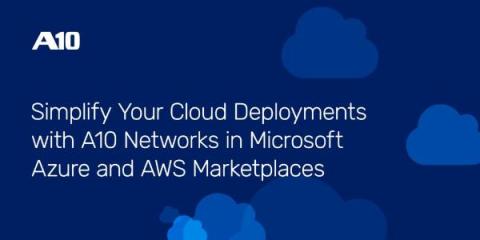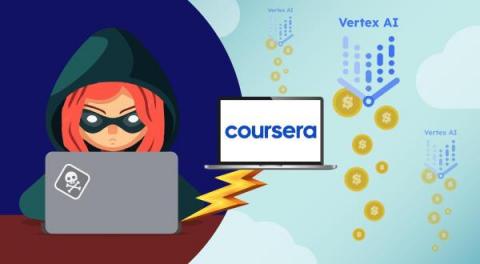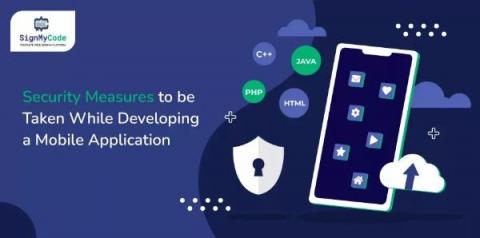Security | Threat Detection | Cyberattacks | DevSecOps | Compliance
Technology
Why is API security the next big thing in Cybersecurity?
APIs, formally known as application programming interfaces, occupy a significant position in modern software development. They revolutionized how web applications work by facilitating applications, containers, and microservices to exchange data and information smoothly. Developers can link APIs with multiple software or other internal systems that help businesses to interact with their clients and make informed decisions.
How to Use Google SIEM: A Complete Guide
What do you know about how to use Google SIEM? You can read about implementing these managed security services into your company's network protocols.
AI's Role in the Next Financial Crisis: A Warning from SEC Chair Gary Gensler
TL;DR - The future of finance is intertwined with artificial intelligence (AI), and according to SEC Chair Gary Gensler, it's not all positive. In fact, Gensler warns in a 2020 paper —when he was still at MIT—that AI could be at the heart of the next financial crisis, and regulators might be powerless to prevent it. AI's Black Box Dilemma: AI-powered "black box" trading algorithms are a significant concern.
Google's Vertex AI Platform Gets Freejacked
The Sysdig Threat Research Team (Sysdig TRT) recently discovered a new Freejacking campaign abusing Google’s Vertex AI platform for cryptomining. Vertex AI is a SaaS, which makes it vulnerable to a number of attacks, such as Freejacking and account takeovers. Freejacking is the act of abusing free services, such as free trials, for financial gain. This freejacking campaign leverages free Coursera courses that provide the attacker with no-cost access to GCP and Vertex AI.
API Security Testing: Importance, Risks and Checklist
Security Measures to be Taken While Developing a Mobile Application
Today, mobile apps have become an integral part of our lives. So, ensuring adequate security measures are taken while developing them is important. App security is not a feature or a bonus but a basic requirement. Having inadequate security measures in place can prove to be disastrous, and one security breach can cost a business a lifetime of trust and millions of dollars. Critical security measures must be taken to ensure data security and privacy when developing mobile apps.











